Home / Albums / Places / Europe / Occupations 13

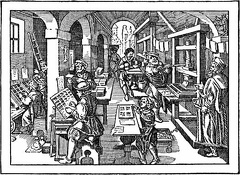 The Printing of Books
The Printing of Books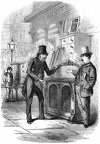 Garret Master
Garret Master Jack Black - Her Majesty's Rat Catcher
Jack Black - Her Majesty's Rat Catcher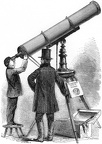 Street Telescope Exhibitor
Street Telescope Exhibitor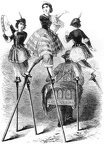 Street Performers on Stilts
Street Performers on Stilts Street Conjurer Performing
Street Conjurer Performing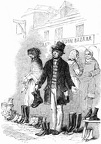 A view in Rosemary Lane
A view in Rosemary Lane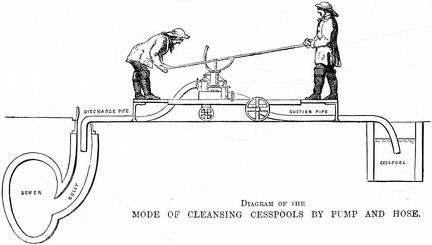 Means of Cleaning Cesspools by pump and hose
Means of Cleaning Cesspools by pump and hose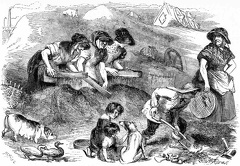 View of a Dust Yard
View of a Dust Yard The One-legged sweeper at Chancery Lane
The One-legged sweeper at Chancery Lane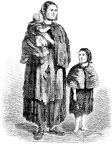 Vagrants in the casual ward of workhouse
Vagrants in the casual ward of workhouse Vagrant from the refuge in Playhouse Yard
Vagrant from the refuge in Playhouse Yard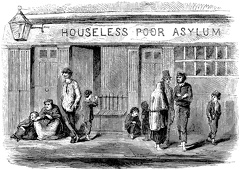 Asylum for Houseless Poor
Asylum for Houseless Poor



